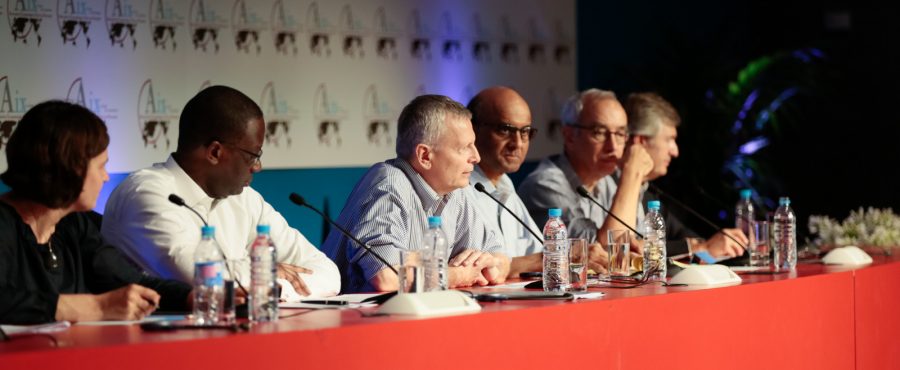9 Jul 2017
Should We Give Up On Globalisation?
Session 28

From mounting nationalism in Europe to the protectionist rhetoric of the Trump administration, Brexit and the rejection of international trade agreements and migrants, globalisation is being challenged by voters protesting rising inequality and the emergence of a global elite. Are these objections first and foremost about financial globalisation, the movement of people, the flows of goods and services or how multinational corporations work? Is globalisation (and Europe) being blamed for everything? Or is the real cause of these tensions the technological progress that leaves too many people behind?
The global economic system, dominated by American hegemony, is being challenged by the emergence of new superpowers, mainly China. The development of a multipolar world has upset the established balance and requires new forms of economic governance. Competition between States has intensified. Are there tensions between globalisation and national or regional democratic preferences?
Dani Rodrik has questioned the compatibility of increasing globalisation with the democratic aspirations of peoples and the nation-state model of our societies. According to him, democracy and globalisation cannot coexist within such a model and will require global governance. However, this preference finds no consensus among populations because there are both winners and losers of globalisation. Some would like to return to national preference and believe that doing so protects jobs whose renewal is no longer ensured by the current creation and destruction process. Is this merely an illusion?
How can economic governance be adapted to a multipolar world? What are the alternatives to a nation-state model? How can the international governance system be reformed to factor in the interests of less wealthy countries and compensate those who lose out?





















































































